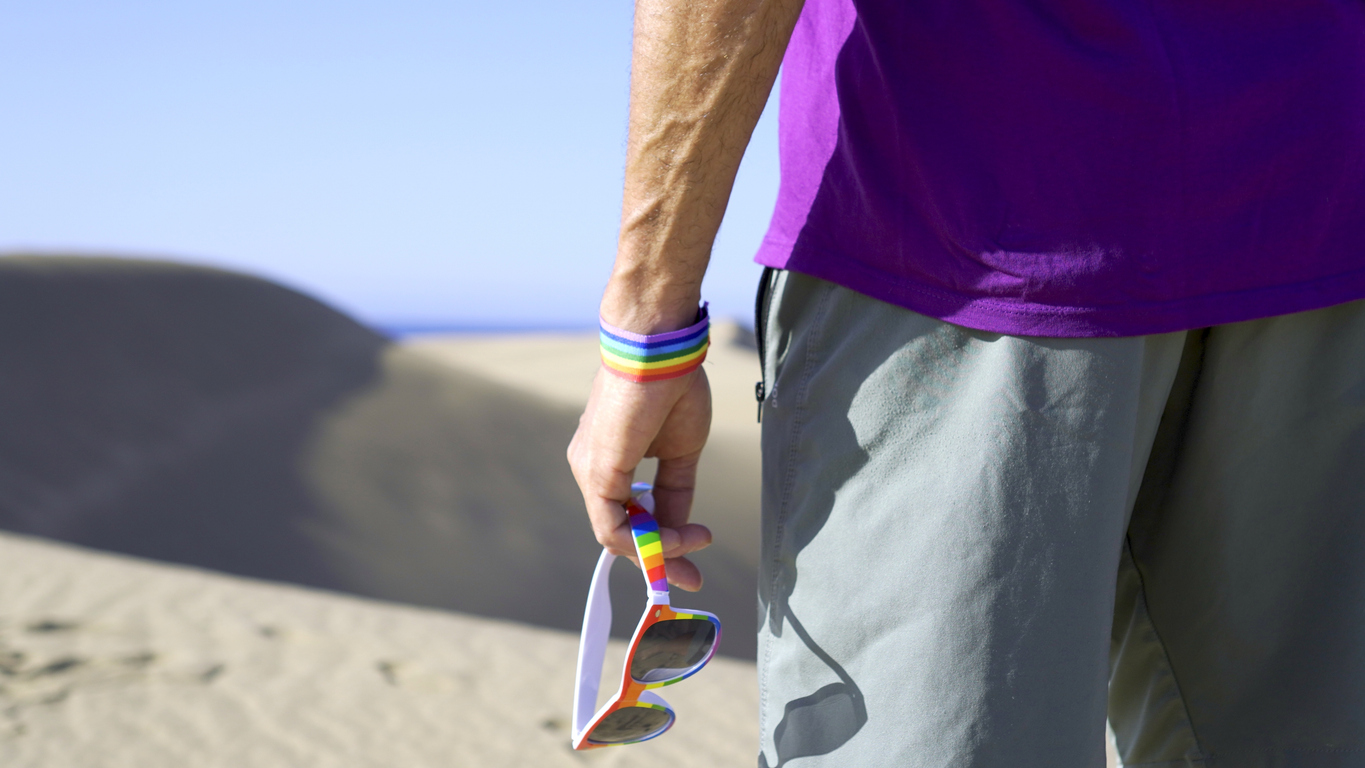
August 30th is Wear it Purple Day, an initiative that supports and promotes inclusivity and acceptance for young people who identify as LGBTQI+ (rainbow young people).
This initiative, which began in Australia in 2010, has grown into a global movement that advocates for the inclusion and acceptance of young people who identify as LGBTQI+. The theme for 2024, Your Passion Your Pride, is a powerful message that encourages young people to dream big and take pride in their identities. It also calls on everyone, not just in Australia but around the world, to show these young people that they are valued, respected, and have every right to be proud of who they are and who they are becoming.
And this is an incredibly important message, because despite the progress made in recent years, young people who identify as LGBTQI+ continue to face challenges such as marginalization, isolation, bullying, harassment, and violence at higher rates than their peers. For instance, a recent report by the Australian Bureau of Statistics revealed that 74.5% of LGBTQI+ Australians have experienced a mental disorder, compared to 41.7% of heterosexual and cisgender Australians. Additionally, the rate of self-harm among the LGBTQI+ community is nearly six times higher. A 2021 survey led by NSW Education found that 83.3% of 16-17 year old students who identify as gender and/or sexually diverse reported high levels of distress, and just under 60% had experienced suicidal ideation in the past 12 months.
These statistics highlight the urgent need for society to do more to support our young people and combat the effects of ignorance, intolerance, and homophobia. Wear it Purple Day is a step in the right direction, but there is still much work to be done.
What actions can we take to show our support for young LGBTQI+ Australians? There are several simple yet impactful steps. First, we can educate ourselves about the correct use of pronouns and language that affirms gender. Resources like ACON (Pride Training) and Say it out Loud are excellent starting points for this. Second, we should avoid making assumptions about a person’s gender or sexual orientation. This involves using inclusive language when speaking with young people. Phrases like ‘when you get married’ or ‘when you have a boyfriend’ can make a young person feel isolated and alone. By changing our language to ‘if you decide to marry one day’ or ‘if you have a partner someday’, we can make a significant difference. Lastly, we should strive to be upstanders, not bystanders. By adopting a community approach and actively advocating for young people to take pride in who they are and who they are becoming, we can start to effect real policy change that paves the way for every young person to feel safe. Only then will we begin to see a shift in the statistics and an improvement in the mental health of our rainbow young people.